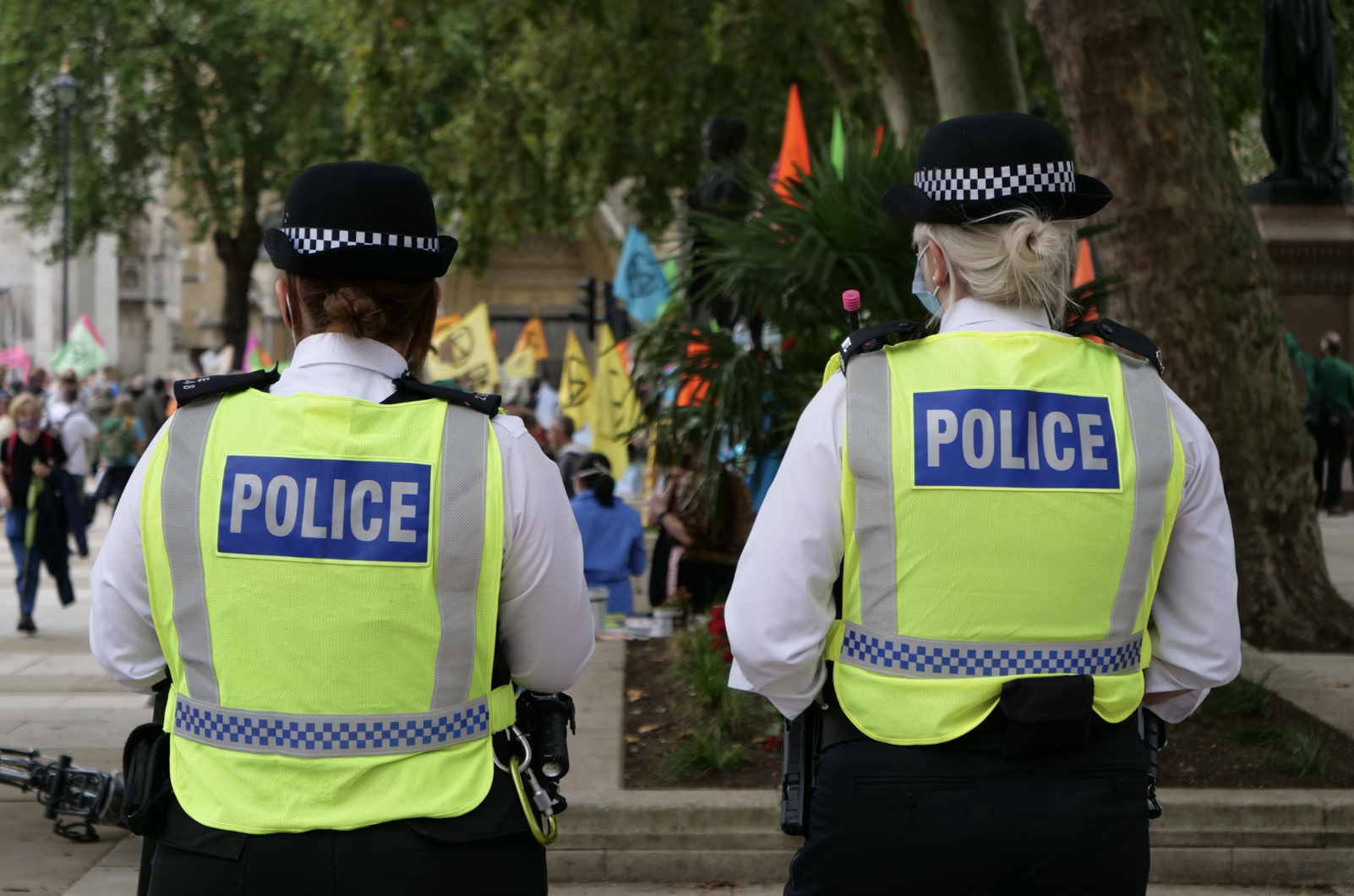With dozens of students saying they’ve experienced a similar pattern, accounts shared across halls of residence and student groups appear to corroborate with one another.
At first, a stranger allegedly approaches and asks for money. If the request is refused, students say the stranger continues to ask, and in some instances trails or obstructs them, causing intimidation and uncertainty about how to react.
Students report intimidating encounters near cash machines and busy streets

Students have reported instances of ‘aggressive begging’ in Durham near cash machines. Image via Canva
The Durham Tab spoke to four students about their experiences, who all described being approached, followed, and pressured for money in incidents they say felt threatening.
One PhD student said she used to volunteer for a Durham-based organisation and dealt with a lot of people who had been barred from Durham due to “aggressive begging.”
She described her encounters as “absolutely horrible”, saying she and her coworkers were frequently harassed by those they were working with to “get them off the streets.” She told The Durham Tab: “The worst bit is they knew who I was so I would help them on the Tuesday and they’d harass me for money on the Friday if I was in town.”
A fourth year physics student said she was approached by a man in the street asking for £15 for a bus ticket to a hostel. She described being alone and slightly tipsy, and felt she’d be safer if she went to the cashpoint to give him the money. Once there, she says he told her he needed a further £15.
At that point, she claims to have told the man it wasn’t fair to change the request. Although he did not push further, she says he cornered her against a wall and roughly embraced her before wandering off.
The student said she felt “terrified”. “Not a hugely aggressive experience but still scary as a woman on her own,” she added.
A second year English literature student described being approached by a middle-aged man who allegedly shook magazines in her face. The English student says she thanked him and went to take one, but the man grabbed her shoulder and started shouting that she owed him money.
She told The Durham Tab: “It was a shame because I always like to support people and pay for charity when I can, but the way he grabbed me and shouted at me made me very uncomfortable.”
A second year Arabic student said: “The first time I ignored him [a man requesting money], he started crying heavily, saying the cathedral had given him and his apparent girlfriend a bed, but it wasn’t enough – I paced home.”
According to the student, the same man failed to recognise her a week later and shouted a request for money, before following her “halfway down the Bailey”. She says she ran in the opposite direction, with the incident occurring at around 7pm “so it wasn’t even late”.
Plans to curb ‘aggressive begging’ through PSPOs

via Unsplash
either agreeing or strongly agreeing to the PSPO around dog control. Three quarters of
respondents agreed, or strongly agreed, to ban the drinking of alcohol in public spaces in
the city.
Owen Cleugh, Durham County Council’s safer places manager, said: “We know that tackling anti-social behaviour in Durham City is important to residents, including to students living here. We made the decision to keep the current Public Space Protection Order (PSPO) in place for another three years as part of a range of measures to tackle inappropriate behaviour. Feedback from the public clearly showed there was support for these measures.
“We want to ensure County Durham is a welcoming, friendly and safe place for everyone. Therefore, we would encourage anyone who has witnessed or experienced anti-social behaviour, such as aggressive begging, to report it to us or the police as soon as possible so that we can investigate and take the necessary action.
“We have strong and valued support services for disadvantaged members of our community, and we continue to work with those who are vulnerable to provide help and take action where needed.”
Inspector Dave Clarke, from the Durham City Neighbourhood Policing Team, said: “Begging has been an issue in the city for a long time, as individuals who find themselves in the city, for whatever reason, realise how much money they can make, by appearing to be destitute or homeless, even though it is often not the case.
“They will take advantage of the kind-hearted residents and visitors, who take pity on them. This also causes issues for those few individuals who are genuinely homeless, and in need of support.”
The officer continued: “As hard as it is to walk by, giving money to people who appear to be homeless is not always the best thing to do, as it can feed a cycle of addiction and doesn’t offer longer term solutions. It can also make it more difficult for the individuals to accept the plentiful specialist support that is on offer in the city, from drug and alcohol services, charities and housing providers.
“If you see someone begging, please consider giving to a charity in the area such as Sanctuary 21 on Saddler Street which is part of the Salvation Army, St Nic’s Church or Street Friends. They will all know the individuals well and the level of support already offered. They can use the money to help and support them on the path to a better life, away from the streets.”
Dave said the force is “extremely invested” in finding solutions for anti-social behaviour; monthly meetings are hosted with charities and key partners to discuss individuals needing support.
“Partners will look at every opportunity to offer support, often on multiple occasions, before consideration is given to using police powers. We find that a holistic approach to treatment and support has longer term results, rather than the ‘revolving door’ situation, facing many of those who are given custodial sentences.
“People who are begging are part of society, but their actions, particularly when being aggressive or causing a nuisance, can be disproportionately affecting others, as we have seen in the report from the student in Durham.
“Students form a vibrant part of the community and the city as a whole, and we want them to enjoy their time here whilst studying – we don’t want people to be frightened to walk around.
“The Public Space Protection Order introduced in 2024, preventing begging in the city (amongst other things), was intended to address some of the associated issues with nuisance begging. We also use Community Protection Notices and Criminal Behaviour Orders to robustly police those who refuse support and cause persistent issues for residents and businesses. This can result in recidivist offenders banned from the city completely.
“There are currently 23 people banned from the city and those who live and work in the city are telling us they are seeing a vast improvement in how safe they feel, particularly in the Market Place and on North Road. The issue is that new people turn up every day and we need to ensure that help is on hand to support them from day one.”
Dave said that if you see any antisocial behaviour or aggressive begging, or fall victim to it, take appropriate steps by reporting it via 101, online reporting at report a crime | Durham Constabulary or, if you think someone is in danger, via 999. It can also be reported at www.durham.gov.uk/asb
Further safety information for Durham City can be found at Safe Durham, Durham City Parish Council, Durham City Safety Hub.
And, if you see someone who appears to be begging and want to help offer wrap around care and support, consider making a small donation to Durham City Street Friends – JustGiving.
Featured image via Canva
